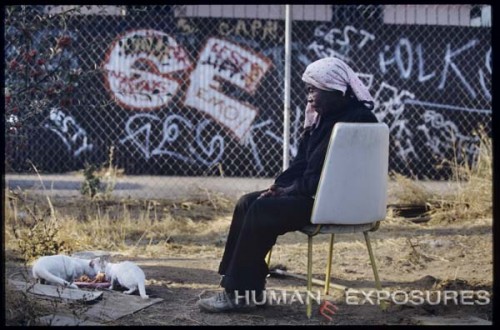The number of homeless residents in New York City, the largest U.S. city, reached a record high this month at more than 56,000 people. Tokyo, the most populous city in the world, recently hit a homeless record of its own: just 1,697 homeless–the low since records began being kept in 2002.
Even more surprising than the discrepancy in homeless populations between the two cities is the fact that Tokyo, at 13.4 million people, is larger than New York City (8.4 million people) and Los Angeles (3.9 million people) combined. While the rate of homelessness in New York is currently 67 for every 10,000 people, in Tokyo there is just one homeless individual for every 10,000 city residents.
Why the massive discrepancy in rates of homelessness between two of the most populous cities in the world? As with most socioeconomic phenomena, there are a number of contributing factors. First and foremost, income inequality is a massive and growing problem in the United States, while Japan has historically had one of the lowest rates of inequality among developed countries.
However, income inequality can’t be the only explanation for Japan’s success combatting homelessness, especially considering that the country’s inequality situation has actually worsened over the past few decades. Where Japan is really surpassing the United States, instead, is in the social safety net it offers its citizens. It begins with the Japanese Constitution, which unlike the U.S. document guarantees its citizens “the right to maintain the minimum standards of wholesome and cultured living.” As such, the country has a far more protective safety net than the United States has.
Also, Tokyo has been taking extra steps to fight homelessness, including the city’s temporary housing provision and employment training. Also, the homeless population in Tokyo has been decreasing as it got older, because older homeless people tend to have health issues, so they apply for social welfare and stop living on the streets.
Another contributing factor is that Japanese tend to have a stronger support system from their families than is found in the United States. The tradition of Japanese families remaining tight-knit and supportive of each member is undeniable.
However, Japan is not superior to the United States in every aspect of homelessness, nor it is a perfectly fair comparison. For instance, there is far more cultural and racial diversity in the United States than in Japan. And while homeless people in the United States face some barriers to voting, like obtaining photo identification in those 14 states that require it, the barriers are significantly steeper in Japan, where shelters and temporary accommodations cannot be used as an official place of residence when registering to vote.
However, none of this changes the fact that on a given night, more than 600,000 people are homeless in the United States, while in all of Japan, that number is just 7,500.










